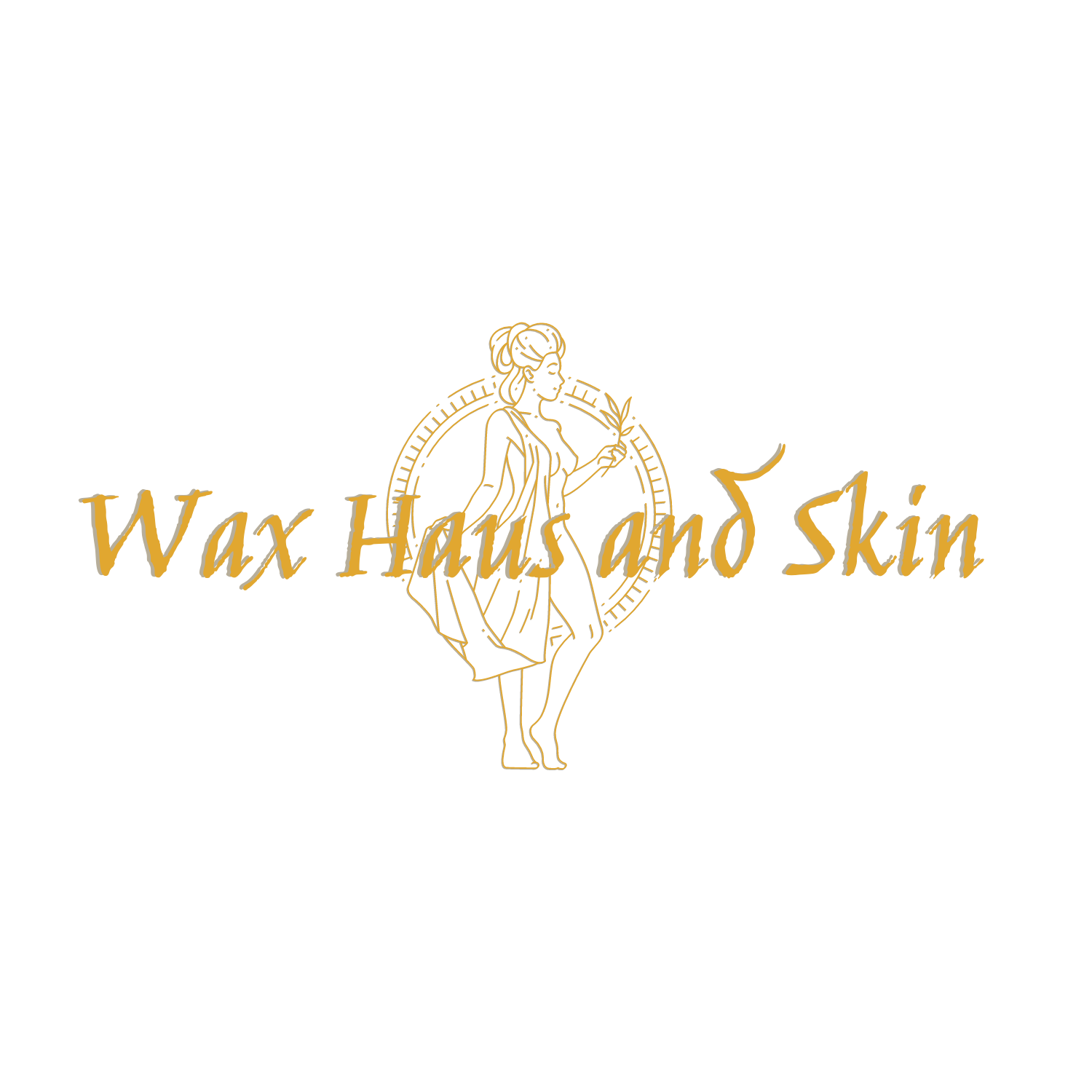If you bother to look at the ingredients in your beauty products, you’ll see a lot of big and seemingly impossible to pronounce words. Polyethyl-something, phenyl-whatever, dibutyl-huh? And phthalates? Who knew a silent “P” ever existed.
It can be overwhelming to say the least. Enough so that most of us shrug our shoulders and trust the brand name companies; if they were unsafe they wouldn’t be allowed in consumer products. Right? Wrong! Would you believe that many of these chemicals are also found in industrial products, such as pesticides, degreasers, paint and concrete?
As stated on the FDA’s website: “With the exception of color additives and a few prohibited ingredients, a cosmetic manufacturer may use almost any raw material as a cosmetic ingredient and market the product without an approval of FDA”. It’s also stated that companies and individuals who make these products are responsible for ensuring their safety, however specific tests are not required and they do not have to share the safety information or actual ingredients with the FDA.
Basically this means that you are the one who has to be responsible for what you put on your skin. Remember, your skin is the largest organ of your body-a protective layer through which the body also expels toxins. If we clog our pores with harmful products, not only are we ingesting harmful chemicals, but also preventing the elimination of them.
The following ingredients are commonly found in cosmetics and personal care products such as makeup, cleansers and moisturizers. They’ve been found to be carcinogenic (cancer causing) and endocrine disruptions (affecting hormones and reproductive functions) as well as skin and eye irritants.
Top 10 Toxic Ingredients
Sodium Laureth/Lauryl Sulfate (SLES), Ammonium lauryl sulfate: Used as a cheap foaming agent, found in toothpastes, shampoos, facial cleansers, bodywash, hand soap, laundry detergents and pretty much in every product that foams. Always look for “sulfate free” products and make sure you read the ingredient list as well. This ingredient specifically is still inside products that say they are “free of sulfates”. It’s very irritating and may cause you great skin problems such as chronic skin hypersensitivity, acne, redness, inflammation
BHA and BHT or Butylated Hydroxyanisole and Butylated Hydroxytoluene are preservatives which can be found in many cosmetics including lipstick, moisturizers. Also found in food
Parabens: Also a preservative widely used in cosmetics, including fragrances
Pthalates: Found in cosmetics, fragranced body lotions, bodywashes and hair and nail care products
DEA: Diethanolamine and DEA related compounds are used to make cosmetics creamy and sudsy
Formaldehyde releasing preservatives: Commonly used in cosmetics as DMDM Hydantoin, Diazolidinyl Urea and Quarternium-15
PEG or Polyethylene Glycol: Used as cosmetic cream bases and as a laxative in pharmaceuticals
Petrolatum: Used for shine in hair care products and moisture barrier in lip balm, lipsticks and moisturizers
FD&C color and pigments: Found in cosmetics and hair dye
Triclosan: Antibacterial agent found in cosmetics, soaps, toothpastes and antiperspirants
Once you start checking the ingredients in your products, you’ll be surprised at how common they are. Don’t get overwhelmed, start changing your products and be sure to take care of your health in other areas like nutrition, exercise and getting plenty of water.
Sources:
‘Dirty Dozen’ Cosmetic Chemicals to Avoid. Retrieved from David Suzuki Foundation website: http://www.davidsuzuki.org/issues/health/science/toxics/dirty-dozen-cosmetic-chemicals/
Congelton, J. (January 6, 2014). Chemicals that Should Disappear from Cosmetics. Retrieved from http://www.ewg.org/enviroblog/2014/01/chemicals-should-disappear-cosmetics
U.S. Food and Drug Administration. Retrieved from http://www.fda.gov/cosmetics/guidancecomplianceregulatoryinformation/ucm074162.htm#Who_is_responsible
U.S. Food and Drug Administration. Retrieved from http://www.fda.gov/Cosmetics/ResourcesForYou/Consumers/CosmeticsQA/ucm167234.htm

